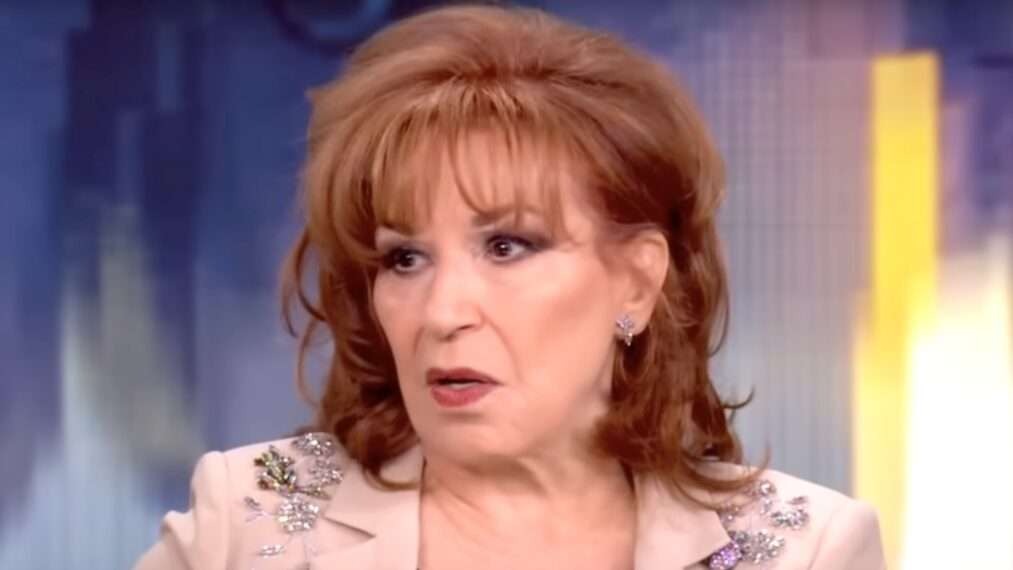
Could National Guards Deployments Signal a Shift in Democracy?
As the tension surrounding President Donald Trump's recent decision to deploy National Guard troops to cities like Chicago and Portland continues to grow, critical voices like Joy Behar of The View have emerged, suggesting these actions might serve as a pretext for undermining future elections. Behar’s assertion raises alarms about the delicate balance of democracy in America and speaks to fears regarding executive overreach.
The Historical Context of Military Involvement in Domestic Affairs
Historically, the deployment of military forces for domestic law enforcement has been viewed with skepticism in the United States. The specter of tyranny brings chilling reminders of oppressive regimes, a concern that resonates deeply with a nation built on the principles of revolt against despotism. In Trump's case, using National Guard troops in urban settings like Portland, against the wishes of local authorities, raises constitutional questions that could lead to a serious national crisis.
Responses from Political Leaders: A Showdown of Ideologies
Former California Governor Gavin Newsom and Illinois Governor JB Pritzker have vocally opposed Trump's maneuvers, reflecting a growing divide in the nation's political landscape. Newsom's insistence that Trump's actions exemplify a constitutional invasion highlights the friction between federal and state leadership, especially when local safety is put at risk. The swift reaction from these Democratic leaders showcases their commitment to protecting their jurisdictions from what they see as an unconstitutional act.
Legal Challenges and Implications for the Future
Legal challenges to the deployments exemplify how state leaders are prepared to push back against perceived executive overreach. Lawsuits from states like Illinois emphasize the urgency of slowing down what many fear could be a dangerous precedent. The crux of these challenges rests on understanding when military involvement becomes necessary, and if such conditions currently exist. Notably, many legal experts argue that the Insurrection Act, which allows for troop deployment under extraordinary circumstances, is being misapplied in this context.
Public Perception: A Divided Nation Emerging
Polling indicates a significant divide in public opinion regarding Trump's actions. Many Republicans view military involvement as a necessary measure against rising crime rates and disorder, while a majority of Americans oppose the militarization of their streets. This cultural divide underscores a key issue in the ongoing narrative about safety, law enforcement, and the extent of federal power in civilian life.
Future Predictions: Where Do We Go From Here?
As the legal battles unfold, the potential for escalating tensions remains high. Critics argue that Trump's actions could justify even more drastic measures in the future, paving the way for a normalization of military presence within American cities — fundamentally altering the relationship between citizens and their government. How Americans interpret the effectiveness of these actions will determine the political landscape leading up to the next elections.
Final Thoughts: Preserve Democratic Values
The unfolding saga of Trump's troop deployments serves not just as a political issue but as a crucial test of American democratic laws and principles. As citizens and leaders alike grapple with these developments, the larger question must be addressed: How far will we allow federal power to encroach on our democratic rights?
 Add Element
Add Element  Add Row
Add Row 



Write A Comment